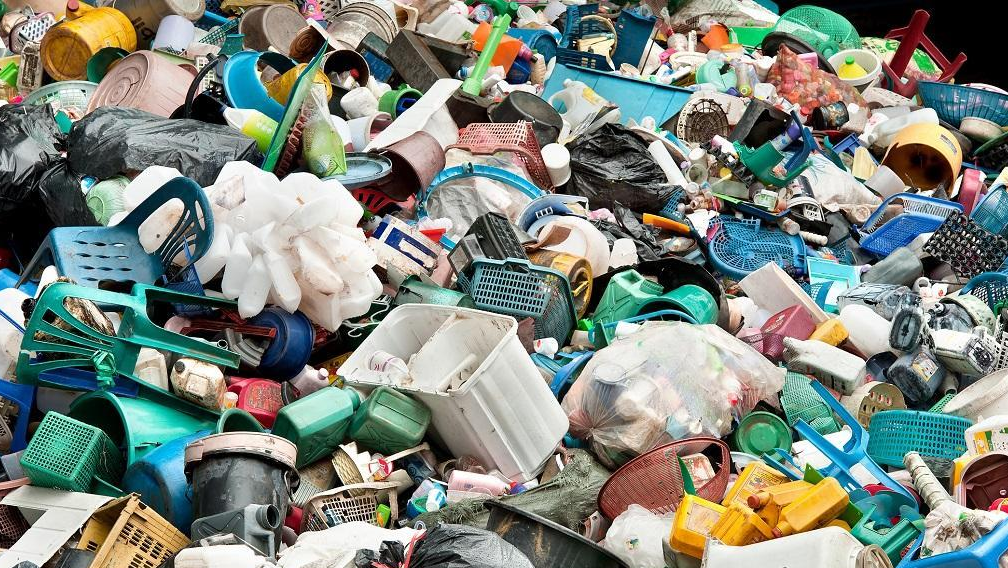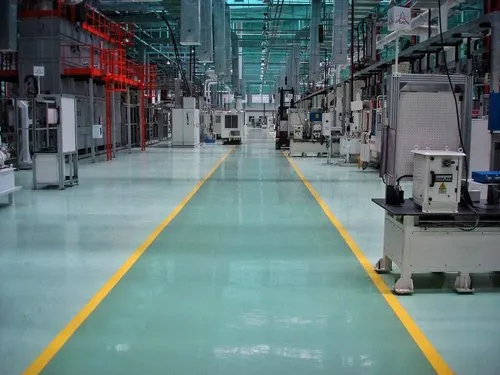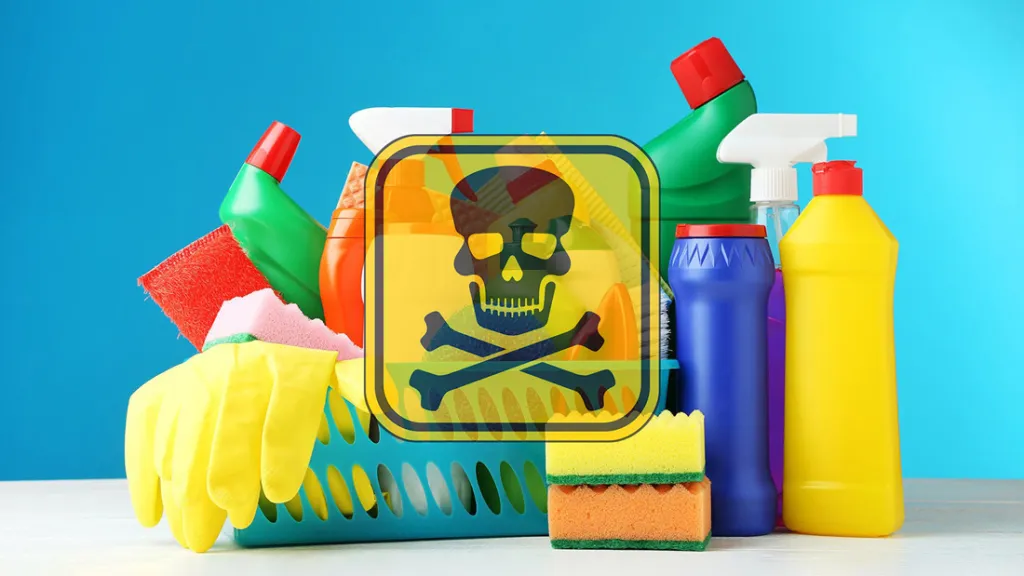Needless to say, the most important reason for waste management is to protect the environment, for the health and safety of people. This is a very important topic to be tackled and everyone should know why sorting waste can be the difference between the existence of the earth and the ill effects in the ecosystem.
Waste management has always been a controversial topic. Waste management involves the disposal of buried material from the time it is created until it is discarded. This includes how a business or company collects, transports, treats, recycles or disposes of its waste.
According to reports, the amount of waste is increasing much more than the amount of waste that has been treated. The accumulation of waste in one area leads to pollution and the spread of new diseases. In addition, natural resources such as trees, gas, metals and water are depleting. For example, the paper, cabinets, paper cups and many other products that we use every day are made from the incinerator. Areas of trees that are cut down every year and new trees do not have enough time to fully develop. Fortunately, it is possible to recycle paper products instead of cutting down new trees.
The management of industrial waste can lead to the availability of valuable materials for reuse. This can save money when potentially creating new jobs and business opportunities. Reducing, reusing and recycling your waste is important to the environment, and it also provides an additional share of profits.
Finally, waste management is also important for public health. Toxic waste can cause long-term health problems, so it is very important that they are handled appropriately and with caution.
Harms of improper waste management
Most of us have read about waste management processes in industry. However, not all establishments comply with regulations. Therefore, the negative effects of improper waste management are not only offensive, but also affect the overall economy of a country.
Some of the negative effects include:
Polluting the environment
- Soil pollution
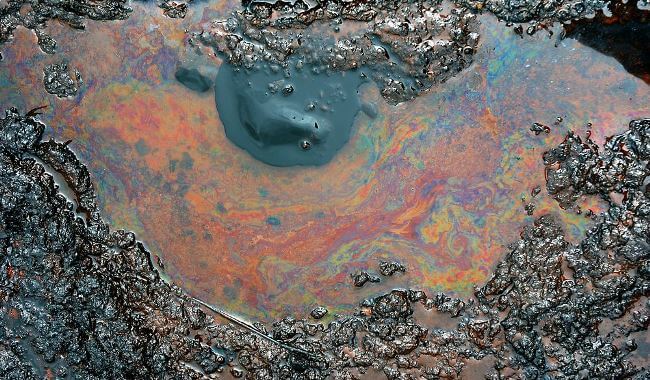
Industrial wastes, when discharged into the environment, can cause serious impacts on the soil environment. They upset the components in the soil, causing harm to organisms.
- Water pollution
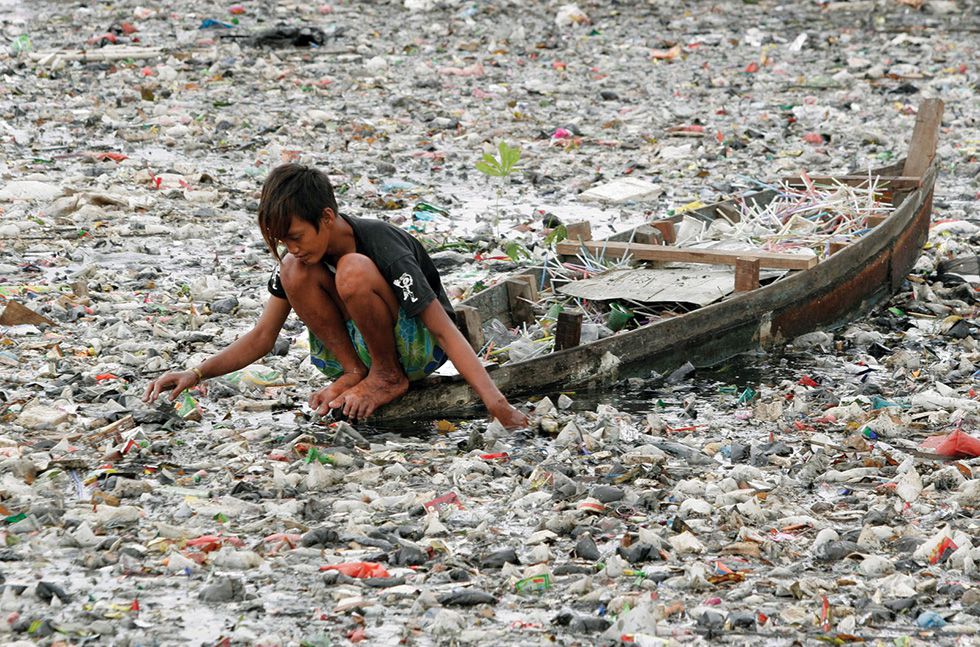
Soil pollution leads to water pollution. Because water seeps into the ground through various forms and carries toxic substances from the contaminated soil. Then they flow into rivers, streams, ponds…. cause serious pollution.
- Air pollution
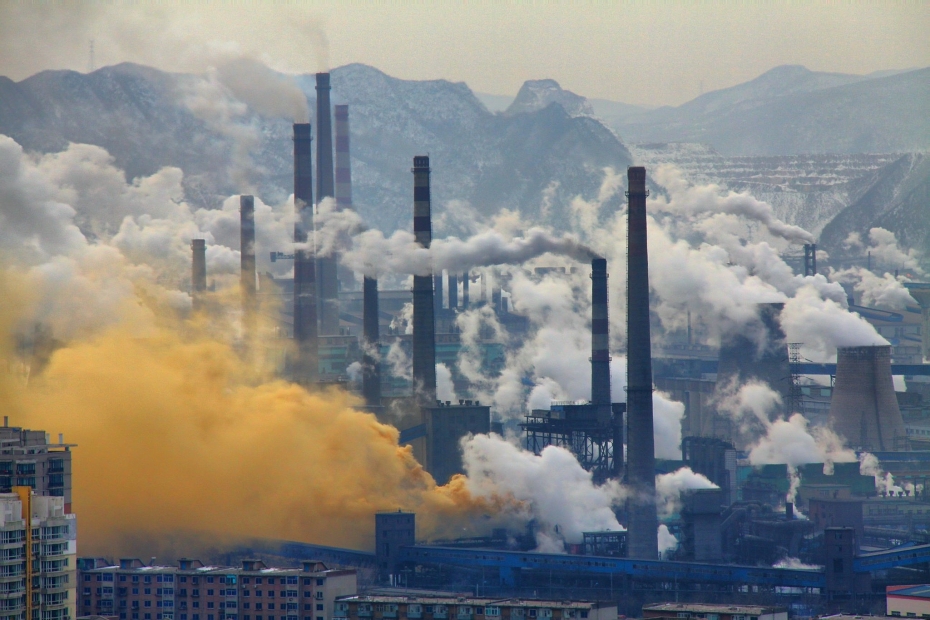
If not handled properly, some types of waste have the ability to evaporate, causing the air in the surrounding area to be polluted. At a severe level, this can also damage the earth’s ozone layer, thereby causing climate change. Serious impact on life.
Affect health
Because of the effects on the living environment listed above, industrial wastes that are not handled properly will directly affect the health of people and living things.
In addition, when people come into direct contact with these toxic wastes, it will cause a number of diseases such as: skin irritation, blood infection, cancer,… We can also get diseases from insects and disease-carrying organisms. For example: For mosquitoes, we know, mosquito larvae (larva-larvae) in addition to eating dead fish, they also find sewage, rainwater, tires, cans and other objects as places. ideal reproduction. They can carry and spread diseases such as malaria and dengue fever and other diseases associated with wastes present in contaminated water.
Legal consequences
According to the law, specifically according to Lao Dong newspaper, Clause 2, Article 26 of Decree 45/2022/ND-CP effective from August 25, 2022, violations of waste classification will be fined depending on level.
Specifically:
a) A fine ranging from VND 3,000,000 to VND 5,000,000 shall be imposed for failing to have a record of handing over ordinary industrial solid waste to be treated for each transfer according to regulations;
b) A fine ranging from VND 20,000,000 to VND 25,000,000 shall be imposed for failing to classify at the source of ordinary industrial solid waste as prescribed; equipment and tools for storing ordinary industrial solid waste do not meet technical requirements on environmental protection as prescribed; common industrial solid waste storage warehouses or areas do not meet technical requirements on environmental protection as prescribed; failing to sign contracts with units with the function of collecting, transporting and treating ordinary industrial solid waste as prescribed;
c) A fine ranging from VND 25,000,000 to VND 30,000,000 shall be imposed for failing to keep separate classified industrial solid waste according to regulations; there are no equipment, tools, areas or warehouses for storing ordinary industrial solid waste as prescribed;
d) A fine ranging from VND 30,000,000 to VND 50,000,000 shall be imposed for self-recycling, treatment, co-processing and energy recovery from ordinary industrial solid waste when failing to meet requirements on protection of industrial wastes. regulated environment.
Thus, if enterprises that source ordinary industrial solid waste according to regulations without separating at source, they may be fined from VND 20,000,000 to VND 25,000,000.
Benefits of implementing waste management measures
Some of the benefits of strictly implementing waste management measures include:
Improve the health of the environment and organisms
Reducing pollution and limiting hazardous chemicals are key goals of proper waste disposal. Reusing materials can reduce the need for new resources, help protect the environment, and reverse resource depletion. Sustainable waste management can also improve air and water quality, improving public health.
Risk reduction
Good treatment of industrial waste will reduce risks in business and production activities such as fire and explosion, chemicals, etc., which directly affect businesses and employees. Thereby creating a premise for the sustainable development of the business.
Cost savings
One of the other benefits of waste management is cost savings. With recyclable materials, their cost will be cheaper than new mined and manufactured materials. For example, businesses can save money by reducing the amount of packaging they use and recycling materials like cardboard, plastic and some other metals. In addition, the cost to recycle materials will be lower than the cost of mining and manufacturing new materials.
Positive impact on society
These effects include increased civic pride. Companies that handle waste well will create trust in customers and partners. From there, create a movement to build community. From there, people’s thoughts and actions will be improved, contributing to the development of society.
Above, Qualitas DC has highlighted the importance of proper industrial waste disposal. You should strictly follow industrial hygiene procedures to minimize the negative effects of these wastes.
>>> See more: 5 safe industrial hygiene tips <<<

